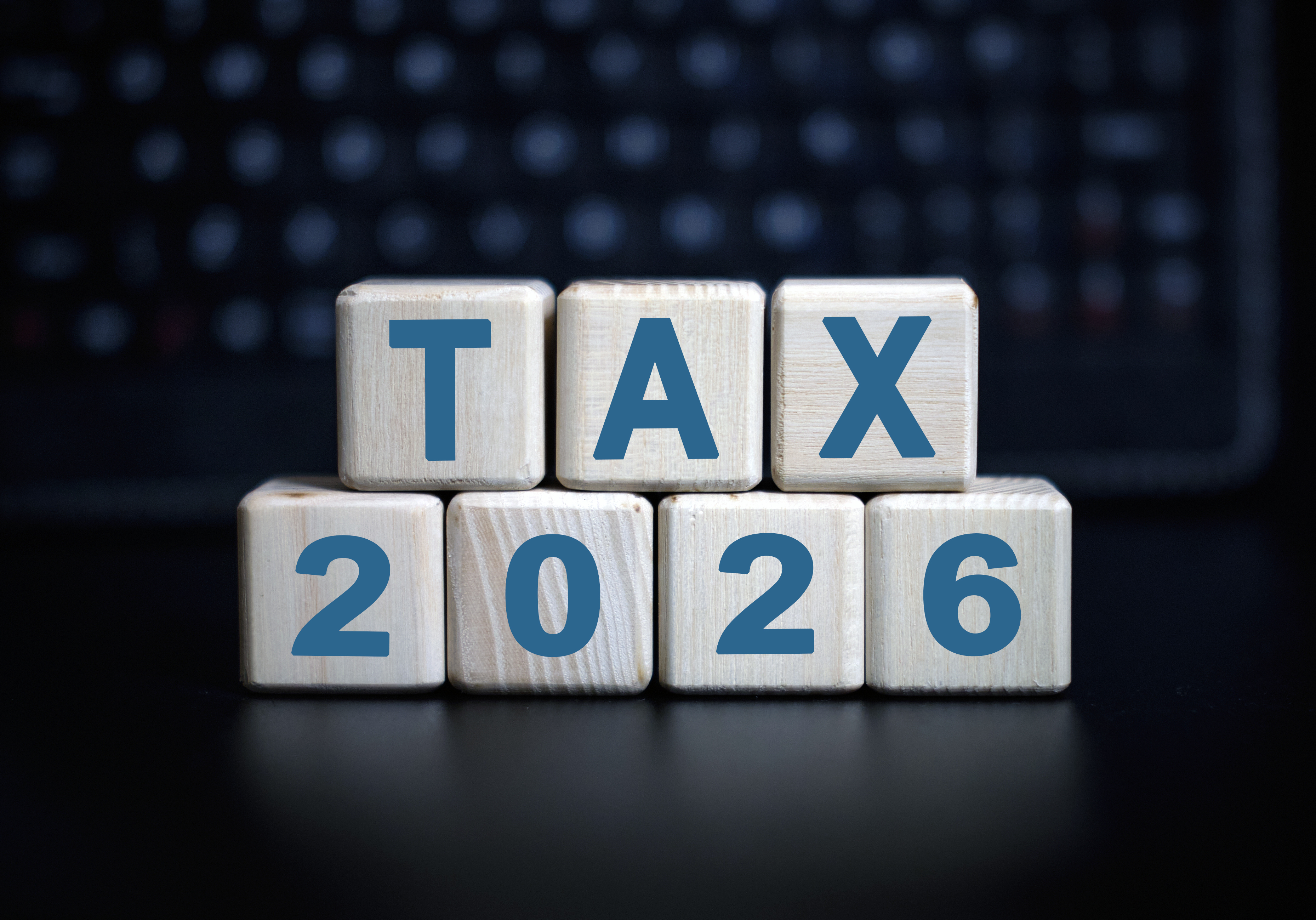Doubling Retirement-Savings Plan Contributions
Some public school teachers and other nonprofit and public sector workers can stash money in two kinds of plans.

Profit and prosper with the best of Kiplinger's advice on investing, taxes, retirement, personal finance and much more. Delivered daily. Enter your email in the box and click Sign Me Up.
You are now subscribed
Your newsletter sign-up was successful
Want to add more newsletters?

Delivered daily
Kiplinger Today
Profit and prosper with the best of Kiplinger's advice on investing, taxes, retirement, personal finance and much more delivered daily. Smart money moves start here.

Sent five days a week
Kiplinger A Step Ahead
Get practical help to make better financial decisions in your everyday life, from spending to savings on top deals.

Delivered daily
Kiplinger Closing Bell
Get today's biggest financial and investing headlines delivered to your inbox every day the U.S. stock market is open.

Sent twice a week
Kiplinger Adviser Intel
Financial pros across the country share best practices and fresh tactics to preserve and grow your wealth.

Delivered weekly
Kiplinger Tax Tips
Trim your federal and state tax bills with practical tax-planning and tax-cutting strategies.

Sent twice a week
Kiplinger Retirement Tips
Your twice-a-week guide to planning and enjoying a financially secure and richly rewarding retirement

Sent bimonthly.
Kiplinger Adviser Angle
Insights for advisers, wealth managers and other financial professionals.

Sent twice a week
Kiplinger Investing Weekly
Your twice-a-week roundup of promising stocks, funds, companies and industries you should consider, ones you should avoid, and why.

Sent weekly for six weeks
Kiplinger Invest for Retirement
Your step-by-step six-part series on how to invest for retirement, from devising a successful strategy to exactly which investments to choose.
I’m about to start a new job, and my new employer says I can contribute to a 403(b) and a 457. Can I really contribute to both retirement plans, or do I need to pick one or the other? And what happens if I already contributed some money to my old employer’s 401(k) for 2014?
Under a special opportunity available to some public school teachers, health care workers, and other nonprofit and public sector employees, you can contribute up to $17,500 for the year to a 403(b), plus up to $17,500 to a 457. If you’re 50 or older in 2014, you can also make catch-up contributions and add an extra $5,500 to both plans. Longer-term employees also have other opportunities to make special catch-up contributions to 403(b)s and 457s; you can find details in this IRS publication.
If you already contributed some money to a 401(k) for the year, however, you’ll need to subtract that from your 403(b) limit. But you can still contribute the maximum to a 457, which isn’t affected by 403(b) or 401(k) contribution limits. For more information, see the IRS’s How Much Salary Can You Defer If You’re Eligible for More Than One Retirement Plan?
From just $107.88 $24.99 for Kiplinger Personal Finance
Become a smarter, better informed investor. Subscribe from just $107.88 $24.99, plus get up to 4 Special Issues

Sign up for Kiplinger’s Free Newsletters
Profit and prosper with the best of expert advice on investing, taxes, retirement, personal finance and more - straight to your e-mail.
Profit and prosper with the best of expert advice - straight to your e-mail.
When you switch jobs in the middle of the year, let your new employer know how much you already contributed to a retirement-savings plan for the year. If you later discover you’ve contributed too much, your employer must withdraw the excess money (you can’t do it yourself) and return it to you as a distribution. If your employer withdraws the extra contributions and earnings before April 15 of the following year (the tax-filing deadline), the extra contributions will be taxed for the year you made the contribution, but the earnings on it will be taxed in the year the excess money was distributed, says Jamie Ohl, president of tax-exempt markets for ING U.S. Retirement Solutions.
If the excess contributions and earnings are withdrawn after the tax-filing deadline, the contribution is subject to double taxation -- that is, it will be taxed in the year that it was deferred and again in the year it is distributed from the plan, says Ohl. Earnings on that money are taxed in the year they are distributed. See the IRS’s What Happens When an Employee Has Elective Deferrals in Excess of the Limits? for more information.
It’s a good idea to contribute the maximum to both the 457 and the 403(b) if you can afford to do so. In the past, public sector and nonprofit workers tended to use these retirement-savings plans just as a supplement to a generous pension. But many of their employers are cutting back on pensions and retiree health care coverage, so employees have to come up with more money on their own, says Ohl.
Profit and prosper with the best of Kiplinger's advice on investing, taxes, retirement, personal finance and much more. Delivered daily. Enter your email in the box and click Sign Me Up.

As the "Ask Kim" columnist for Kiplinger's Personal Finance, Lankford receives hundreds of personal finance questions from readers every month. She is the author of Rescue Your Financial Life (McGraw-Hill, 2003), The Insurance Maze: How You Can Save Money on Insurance -- and Still Get the Coverage You Need (Kaplan, 2006), Kiplinger's Ask Kim for Money Smart Solutions (Kaplan, 2007) and The Kiplinger/BBB Personal Finance Guide for Military Families. She is frequently featured as a financial expert on television and radio, including NBC's Today Show, CNN, CNBC and National Public Radio.
-
 Over 65? Here's What the New $6K Senior Bonus Deduction Means for Medicare IRMAA
Over 65? Here's What the New $6K Senior Bonus Deduction Means for Medicare IRMAATax Breaks A new deduction for people over age 65 has some thinking about Medicare premiums and MAGI strategy.
-
 U.S. Congress to End Emergency Tax Bill Over $6,000 Senior Deduction and Tip, Overtime Tax Breaks in D.C.
U.S. Congress to End Emergency Tax Bill Over $6,000 Senior Deduction and Tip, Overtime Tax Breaks in D.C.Tax Law Here's how taxpayers can amend their already-filed income tax returns amid a potentially looming legal battle on Capitol Hill.
-
 5 Investing Rules You Can Steal From Millennials
5 Investing Rules You Can Steal From MillennialsMillennials are reshaping the investing landscape. See how the tech-savvy generation is approaching capital markets – and the strategies you can take from them.
-
 3 Retirement Changes to Watch in 2026: Tax Edition
3 Retirement Changes to Watch in 2026: Tax EditionRetirement Taxes Between the Social Security "senior bonus" phaseout and changes to Roth tax rules, your 2026 retirement plan may need an update. Here's what to know.
-
 The 'Scrooge' Strategy: How to Turn Your Old Junk Into a Tax Deduction
The 'Scrooge' Strategy: How to Turn Your Old Junk Into a Tax DeductionTax Deductions We break down the IRS rules for non-cash charitable contributions. Plus, here's a handy checklist before you donate to charity this year.
-
 New 2026 Tax Change Could Mean More for Your IRA and 401(k) Savings
New 2026 Tax Change Could Mean More for Your IRA and 401(k) SavingsRetirement Savings Here's how the new IRS inflation adjustments will increase the contribution limits for your 401(k) and IRA in the new year.
-
 10 Retirement Tax Plan Moves to Make Before December 31
10 Retirement Tax Plan Moves to Make Before December 31Retirement Taxes Proactively reviewing your health coverage, RMDs and IRAs can lower retirement taxes in 2025 and 2026. Here’s how.
-
 Claiming the Standard Deduction? Here Are Five Tax Breaks for Retirement in 2025
Claiming the Standard Deduction? Here Are Five Tax Breaks for Retirement in 2025Tax Tips If you’re retired and filing taxes, these five tax credits and deductions could provide thousands in relief (if you qualify).
-
 IRS Names Its First CEO: But He’s Also Still Running Social Security
IRS Names Its First CEO: But He’s Also Still Running Social SecurityTax News Will this new role make it difficult to address emerging issues like budget and staffing cuts and customer service concerns?
-
 IRS Phasing Out Paper Checks: Here's What to Know in 2026
IRS Phasing Out Paper Checks: Here's What to Know in 2026Tax Changes IRS tax refunds and Social Security paper checks are typically delivered online now. Will that impact your money?
-
 Ask the Editor, September 12: Tax Questions on 529 Plan Rollovers to a Roth IRA
Ask the Editor, September 12: Tax Questions on 529 Plan Rollovers to a Roth IRAAsk the Editor In this week's Ask the Editor Q&A, we answer four questions from readers on transferring 529 plan money to a Roth IRA.